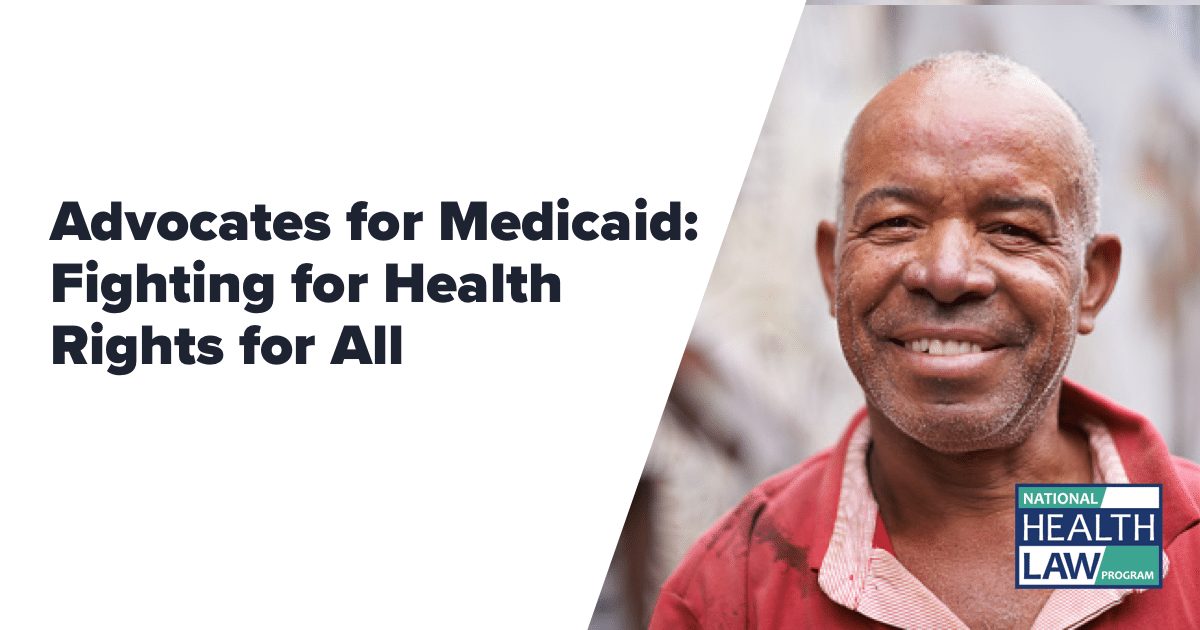Reviewing Solidarity in the Principles and Guidelines on Human Rights and Public Health Emergencies
By Eduardo Arenas Catalán
The Principles and Guidelines on Human Rights and Public Health Emergencies (the Principles), entail a notable attempt to consolidate lessons learned from the COVID-19 pandemic. After the largely non-solidaristic international response to COVID-19, the Principles outline the advantages and limitations of embedding human rights discourse within the global public health machinery.
One key element that will test the Principles will be their ability to influence the measures taken, including by States, in preparing for, preventing, and responding to future public health emergencies with increased solidarity. That uncertain future aside, by incorporating critical elements of solidarity, which so far have been largely absent in the human rights corpus, these Principles strengthen the protection of human rights in international law.
Acknowledging solidarity as a legal principle
The Principles provide more than sufficient acknowledgement of solidarity as an “emerging principle of international law,” stressing the idea of shared responsibility, actions, and goals irrespective of territory. The Principles aptly characterize solidarity by paraphrasing, in Principle 2.1, Article 28 of the Universal Declaration of Human Rights: States must work individually and collectively to ensure a social and international order where human rights can be enjoyed by everyone. A formal, albeit still significant aspect, is that the Principles appropriately place solidarity in a high position on the list of the applicable human rights principles – second only after the universal enjoyment of human rights, notably ahead of fundamental principles like the rule of law, non-discrimination, and access to justice.
Having set the emphasis and the normative framework of solidarity in the right way, the question is whether the form and functionality of these Principles allow for the attainment of solidaristic commitments. In other words, States should not be able to merely pay lip service to solidarity while at the same time remaining free to privatize knowledge or infrastructure critical to the satisfaction of human needs.
In my view, despite one critical shortcoming, the Principles largely embrace solidarity and, as such, provide a meaningful road ahead for future global health crises.
Do the Principles promote solidarity sufficiently?
It is clear that the Principles significantly improve the protections available in human rights law. For example, Principle 10.4 indicates that the obligation to contribute resources to the prevention and preparedness of public health emergencies at global and regional levels should be commensurate with States’ resources. The critical notion of shared but differentiated responsibilities is thus strengthened within global public health.
Moreover, Section VI includes a set of ambitious obligations. Principle 24 consolidates the prohibition of general sanctions because of their deleterious effects over human rights. Another important set of principles expound on the tension between commercial interests and human rights, examples include: Principle 25.3, by requiring barriers like intellectual property to be human rights compliant; Principle 27.2(a), by claiming a superior normative hierarchy for human rights in comparison to commercial interests and Principle 28.2, by requiring intergovernmental organizations to refrain from impairing States in the fulfilment of their human rights obligations. This language, sadly absent from the WTO negotiations on a potential patent waiver for COVID-19 vaccines and treatments, will provide a new accountability against wealthy nations seeking to privilege business at the expense of access to medicines.
On a more critical note, the Principles reproduce a traditional problem in the protection of social rights internationally, namely, the difficulty of dominant interpretations of human rights to take power as a more central unit of analysis in law (Britton-Purdy et al. 2020). The Principles follow the path of the foundational General Comment 14 of the United Nations Committee on Economic, Social and Cultural Rights on the human right to health, whereby the private provision of healthcare services is not presented as something that is intrinsically associated with inequitable provision and human rights harm. In following this approach, the Principles miss an opportunity to counter the normalization of private health markets under international human rights law.
Moreover, while it is evident that the drafters who developed these Principles sought to consider economic, social and cultural rights, it is unclear whether the dominant – thin – interpretations of these rights, will succeed in providing a sufficiently robust legal framework in preparing for, preventing and responding to future public health emergencies given the conventional focus on individualized judicial review. Principle 19.1, for example, contemplates the review of public health measures on the basis of classical civil and political rights (least restrictive means, legality, necessity, proportionality, and non-discrimination). Yet, a logical consideration flowing from Principle 2 would have been to enlarge such judicial review so that it could incorporate collective considerations of equity in order to allow state authorities to tighten the control and regulations over private actors. What the COVID-19 pandemic corroborated is that such interference might be justified, even when less restrictive measures are available, if the former does more to ensure equity.
An opportunity to discipline the neoliberal order in the name of human rights
Despite the criticisms above in relation to privatization of health services and the protection of social and economic rights, the Principles nevertheless embody a substantial step forward in the contemporary protection afforded by international human rights law in the context of public health emergencies. Principle 28.1, which imposes an obligation over intergovernmental organizations to facilitate the sharing of information and technology, nurtures what might be seen as the greatest promise yet in terms of setting a concrete and effectual solidarity-based legal obligation regarding public health emergency preparedness. The challenges to guaranteeing human security in the face of such emergencies will not be met unless States develop the ability to invest in research, develop national and regional biomedical industries, and protect these commons from the constantly renewed winds of neoliberal privatization.
Dr. Eduardo Arenas Catalán is an Assistant Professor Public International Law at the Open Universiteit, the Netherlands.






